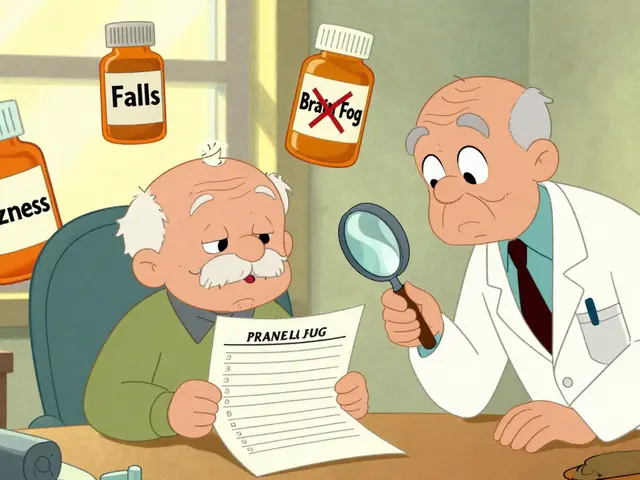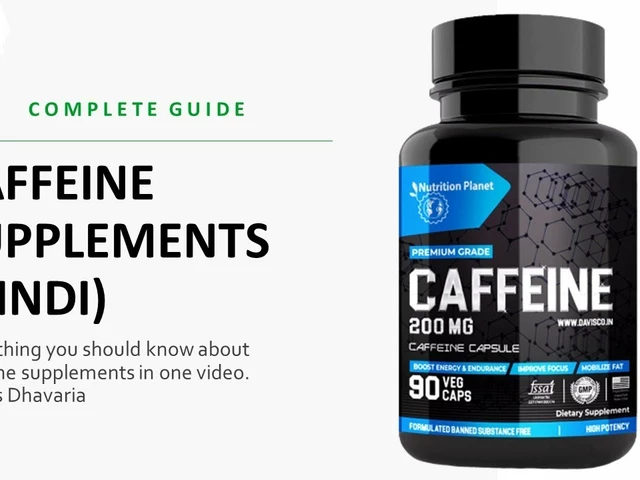Infection Treatment: Practical Tips and Common Medicines
Infections show up as red skin, fever, cough, diarrhea, or other sudden problems. Some infections clear on their own; others need medicine. This guide helps you spot what likely needs treatment, how common drugs work, and how to stay safe when buying or using medicine.
First, match treatment to the type. Bacterial infections often respond to antibiotics like amoxicillin or its alternatives. Viral infections do not get better with antibiotics; instead rest, fluids, and specific antivirals for some viruses help. Fungal infections like athlete's foot or jock itch usually need topical antifungals or oral medicine for stubborn cases. Parasitic infections use antiparasitic drugs such as mebendazole or ivermectin depending on the parasite.
When to take antibiotics: a high fever, spreading redness, severe pain, or symptoms that worsen after 48 hours usually mean you should see a clinician. Never ask for antibiotics for a common cold. Taking antibiotics when they are not needed increases side effects and breeds resistance, which makes future infections harder to treat.
Topical versus oral medicines: mild skin infections often clear with creams or powders. Deep or spreading infections need pills. For example, jock itch often improves with antifungal cream and dry clothing. Intestinal worms may require a single dose of an antiparasitic, but follow your provider's instructions.
Buying medication online: choose pharmacies that require a prescription for prescription drugs, display contact details, and are licensed. Avoid sites that offer controlled drugs or steroids without a prescription. Read reviews, check return policies, and talk to a pharmacist if unsure. NowRx covers safe sourcing and patient tips on many drug pages.
Side effects and interactions matter. All medicines can cause reactions, such as stomach upset, allergic rash, dizziness, or interactions with other drugs you take. Tell your doctor about other medicines, supplements, and herbs. For example, some herbal products can change how antidepressants and other drugs work.
Preventing infections reduces the need for treatment. Wash hands, keep wounds clean, stay up to date on vaccines, and dry tight clothing after exercise. For household spread, wash sheets and towels in hot water and avoid sharing personal items.
If symptoms are severe, such as trouble breathing, high fever, confusion, fainting, or fast spreading infection, seek emergency care. For less urgent questions, call your clinic or pharmacist and keep a list of your medicines ready.
Use this tag page to find specific articles on antibiotics, antiparasitics like Vermox, topical treatments for jock itch, and safe online pharmacy tips. Read the linked posts to learn dosing, side effects, and real-world use cases.
Store medicines in their containers, away from heat and children. Finish prescribed courses unless a clinician tells you to stop. If you miss a dose, follow the drug label or ask a pharmacist; don't double up without advice. Keep notes on how you felt during treatment so you can report side effects. If symptoms return after treatment, see your provider instead of reusing leftover pills. Ask for tests when unsure, and follow up.




